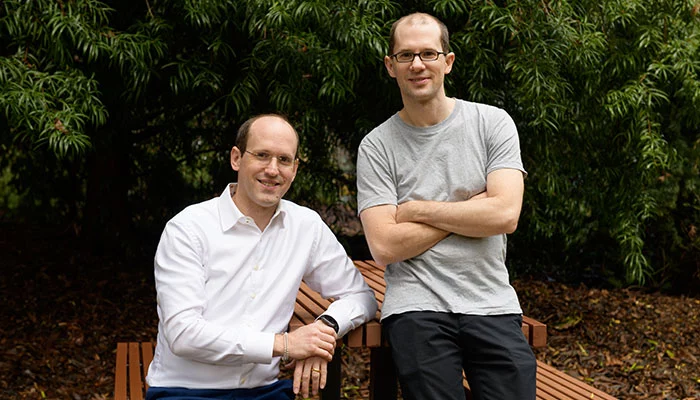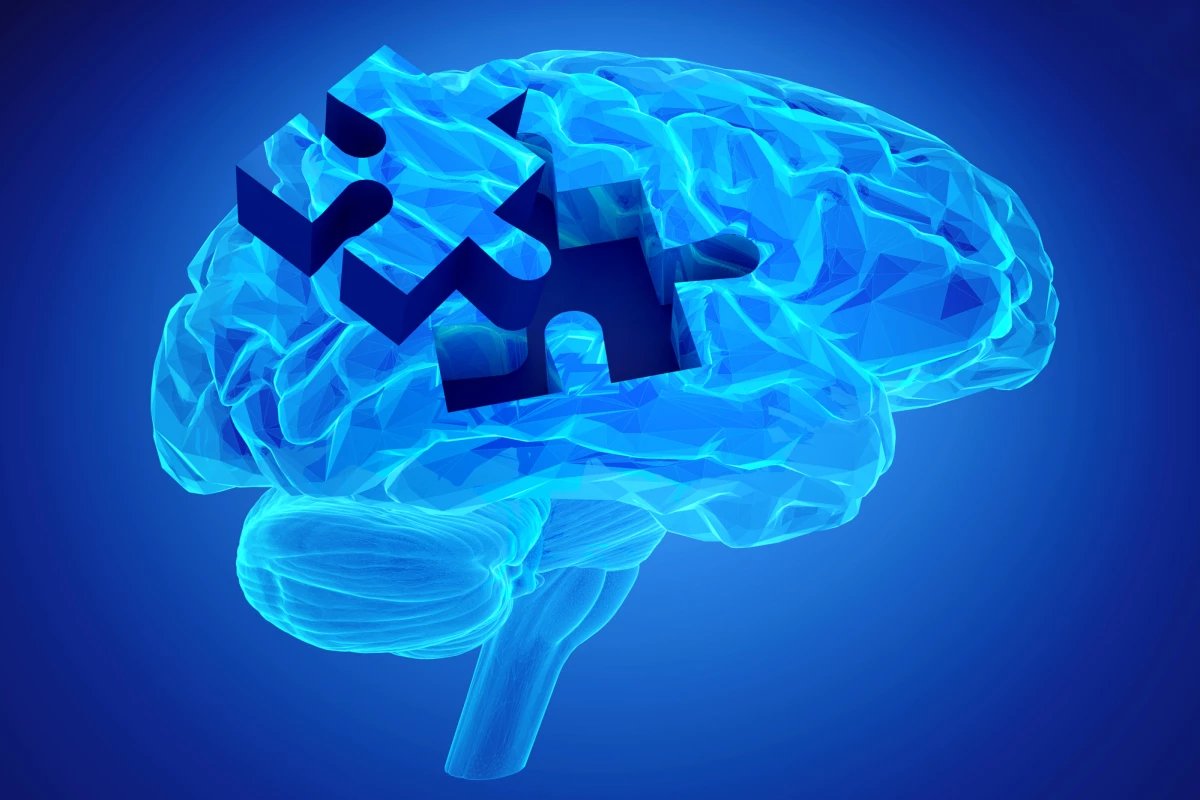Scientists in Australia have made an exciting breakthrough in Alzheimer’s research, demonstrating what they describe as the first gene-therapy-based approach for treating advanced forms of the disease. Through experiments in mice, the team was able to show how activating a key enzyme in the brain can prevent the kind of memory loss associated with advanced forms of Alzheimer's, and even reverse it.
The research was carried out at Macquarie University, where dementia researchers and brothers Lars and Arne Ittner were investigating the role of a key enzyme in the brain called p38gamma. Through previous research, the brothers had shown that by activating this enzyme in mice with advanced dementia, they could modify a protein that prevents the development of Alzheimer’s symptoms.
Seeking to build on this, the scientists conducted experiments on mice with advanced Alzheimer’s disease to see not just how cognitive decline could be slowed, but how the function of this protective enzyme might be restored to normal levels for even greater benefit.
“The naturally protective enzymatic activity in the brain is unfortunately lost the further you progress down the Alzheimer’s disease track – so the more memory you lose, the more you also lose this natural protective effect,” says Lars Ittner.
The researchers found that by introducing genetic material, they could activate the p38gamma enzyme in a way that not only stopped memory decline in the mice, but actively improved their memory despite the advanced nature of their disease.
“We were completely surprised,” says Lars Ittner. “They actually recovered their memory function and their ability to learn returned. So, two months after we treated the mice at very old ages, these mice suddenly behaved like their normal siblings. We were really stoked. There is no comparable therapy out there and no other gene therapy either.”

While exciting, there is a lot to play out before we see this kind of therapy enter clinical use. Work is underway on determining the best pathway toward clinical trials with the team eyeing commercialization thereafter, possibly five to 10 years down the track. And the technique's potential mightn’t end with Alzheimer’s, with the team hopeful it could prove useful in treating other dementia-related diseases, such as fronto-temporal dementia, which typically affects younger people between the ages of 40 and 65.
“The brain is a black box and some days we get lucky and get glimpses of how it functions and we learn we can interfere with the mechanism in this black box,” says Arne Ittner. “Now we have detailed understanding of the mechanisms involved down to the amino acids, which is just quite unprecedented.”
A paper detailing the discovery will be published in the journal Acta Neuropathologica in September, while you can hear from the researchers in the video below.
Source: Macquarie University




